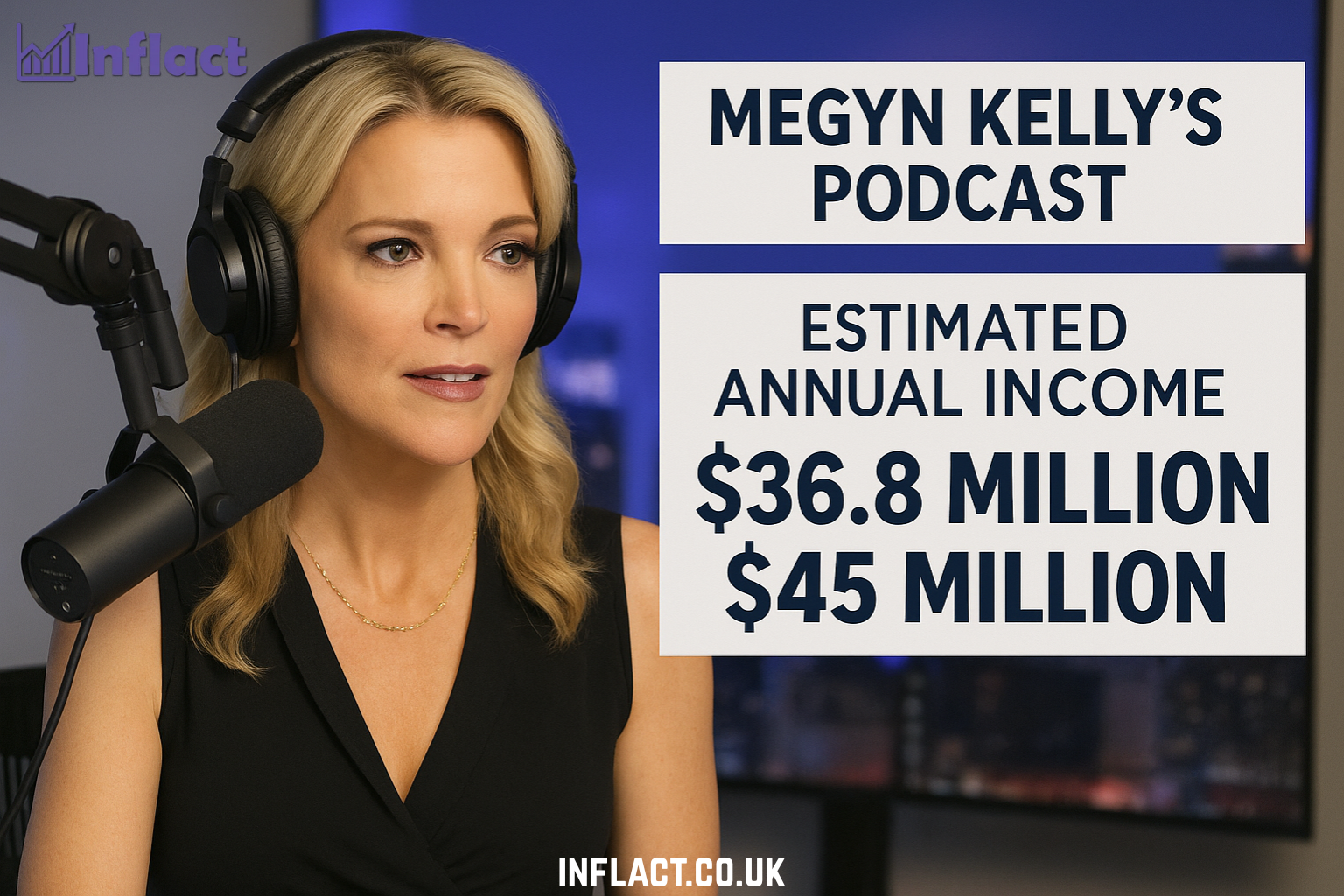Getting engaged is one of the most exciting moments of your life. It’s a whirlwind of emotions, and once the initial euphoria subsides, it hits you—you’re about to plan a wedding! While planning your dream day is thrilling, it’s also a process filled with decisions, timelines, and coordination.
Setting a Date and Budget
Once you’ve had a chance to soak in the magic of being engaged, your first to-do items are deciding on a date and establishing your budget.
Pick a Date
When choosing a wedding date, consider seasonality, availability of loved ones, and venue options. Are you dreaming of a spring garden wedding or a cozy winter celebration? Do you want to celebrate on a significant date, such as the anniversary of your first date? Keep factors like weather and travel arrangements for guests in mind, too.
Determine Your Budget
Your budget will shape nearly every aspect of your wedding. Sit down with your partner (and family, if they’ll be contributing financially) to discuss how much you’re willing to spend. Be realistic about costs and prioritize areas that matter most to you, whether that’s a stunning venue, live entertainment, or a top-tier photographer.
Pro Tip: Build a contingency budget (about 10-15% of your total) for unexpected expenses that may arise.
Creating a Guest List
Before you make major decisions like choosing a venue or ordering invitations, you need a rough idea of your guest count.
Start Big, then Narrow Down
Draft an initial list with input from your partner and key family members, noting must-attend guests versus nice-to-have attendees. This will provide you with a baseline number to guide venue selections and catering estimates.
Balance Expectations
Navigating input from family and friends can be tricky, particularly when it comes to guest lists. Be open to communication, but keep the final decision between you and your partner. After all, it’s your big day.
Choosing a Venue
Your venue sets the stage for your wedding day and is often one of the first items you’ll need to lock in, as popular locations book up quickly.
Consider Capacity and Style
Does the venue align with your guest count and wedding vision? A sleek modern setting may suit an urban couple, while a vineyard or barn may appeal to nature lovers. Make sure the space feels like you.
Ask Questions
When touring venues, ask critical questions like:
- Is the venue available on your preferred date?
- Does it provide catering services or allow outside vendors?
- What’s included in the rental fee (tables, chairs, linens)?
Assembling Your Vendor Team
Your vendors help bring your wedding vision to life, so choosing the right ones is crucial.
Prioritize Early Booking
Some vendors, like photographers and caterers, can be booked out a year or more in advance, so prioritize securing these key players.
Check Reviews and Portfolios
Read reviews and take time to view portfolios or attend tastings. This will ensure their style aligns with your expectations.
Vendors to Consider:
- Photographer/videographer
- Florist
- Caterer
- Entertainment (band or DJ)
- Hair and makeup artist
The Dress Rings and Attire
Finding the dress is one of the most memorable moments of wedding planning, and it’s never too early to start browsing.
Dress Shopping Timeline
Experts recommend starting your search 9-12 months before your wedding date, leaving plenty of time for fittings and alterations.
Consider Unique Rings
Keep in mind that engagement and wedding rings go beyond classic diamonds. Alexandrite engagement rings, for example, offer a rare, vibrant charm and a touch of uniqueness. Don’t be afraid to explore non-traditional options that reflect your style.
Plan for the Wedding Party
Coordinate outfits for your wedding party, keeping the overall theme and colors of your wedding in mind.
Invitations and Stationery
Your wedding invitations are the first glimpse your guests will get of your wedding style.
Set the Tone
Choose designs and colors that align with your theme, whether it’s formal and classic or modern and minimalistic. Don’t forget to include essential details like date, time, venue, and RSVP options.
Manage RSVPs
Include a method for tracking RSVPs efficiently. Many couples choose a wedding website for easy RSVP management.
Planning the Ceremony and Reception
Personalizing your ceremony and reception will make your day all the more special and memorable.
Ceremony Details
Work with your officiant to determine the structure of your ceremony. Will you include special readings, traditions, or rituals?
Reception Planning
Think about your guests’ experience. From seating arrangements to entertainment, make sure the reception flows smoothly, creating a night to remember.
The Final Countdown
The days leading up to your wedding will be a whirlwind. Here are a few key tasks to check off during the final weeks.
Confirm Details with Vendors
Double-check timelines and contracts with your vendors, ensuring everyone is aligned for the big day.
Pack an Emergency Kit
Prepare a wedding day emergency kit with essentials like safety pins, stain remover, pain relievers, and tissues.
Relax and Enjoy
Take time to relax and soak in the excitement. Whether it’s a spa day or a quiet date night, prioritize self-care to avoid last-minute stress.
Conclusion
Wedding planning is a one-of-a-kind adventure, but it’s important to remember what the day is truly about – celebrating your love story. Focus on creating a day that reflects you as a couple, and cherish each step of the process. Happy planning!




